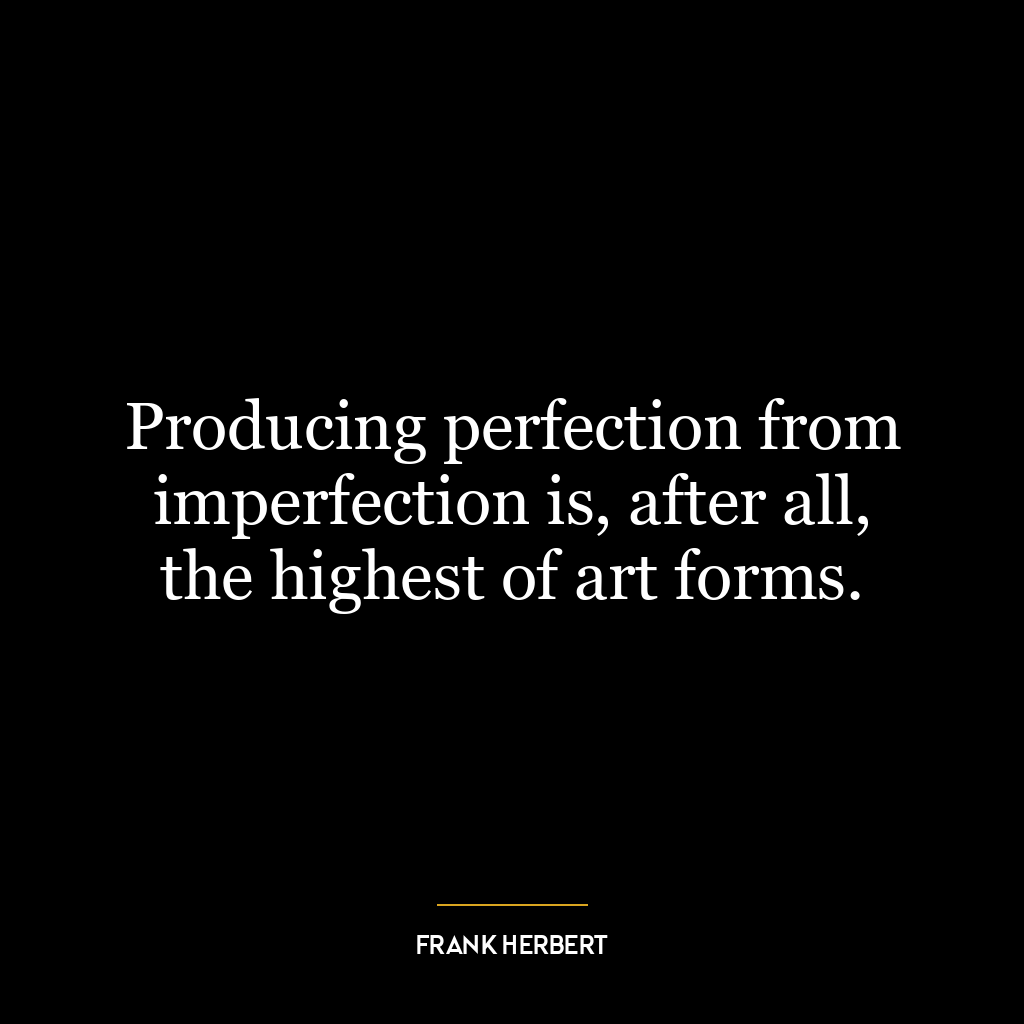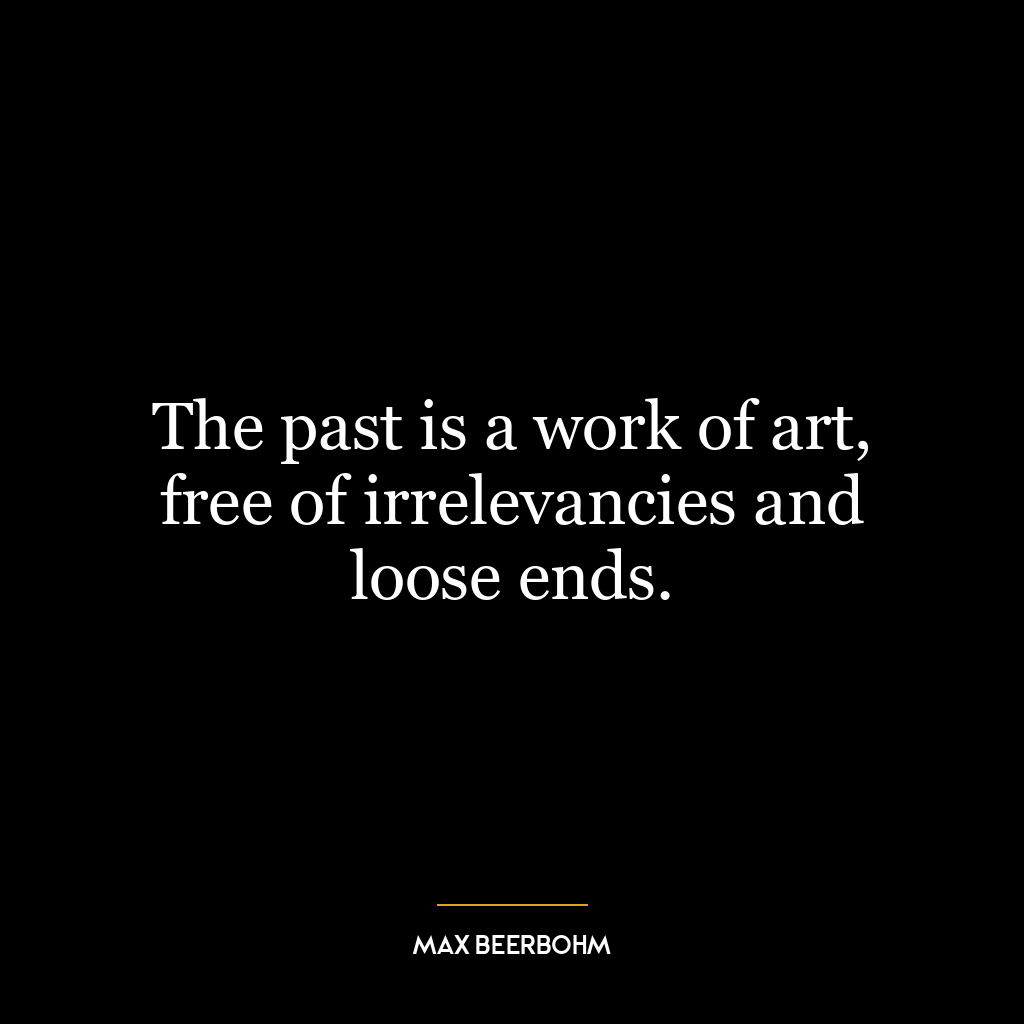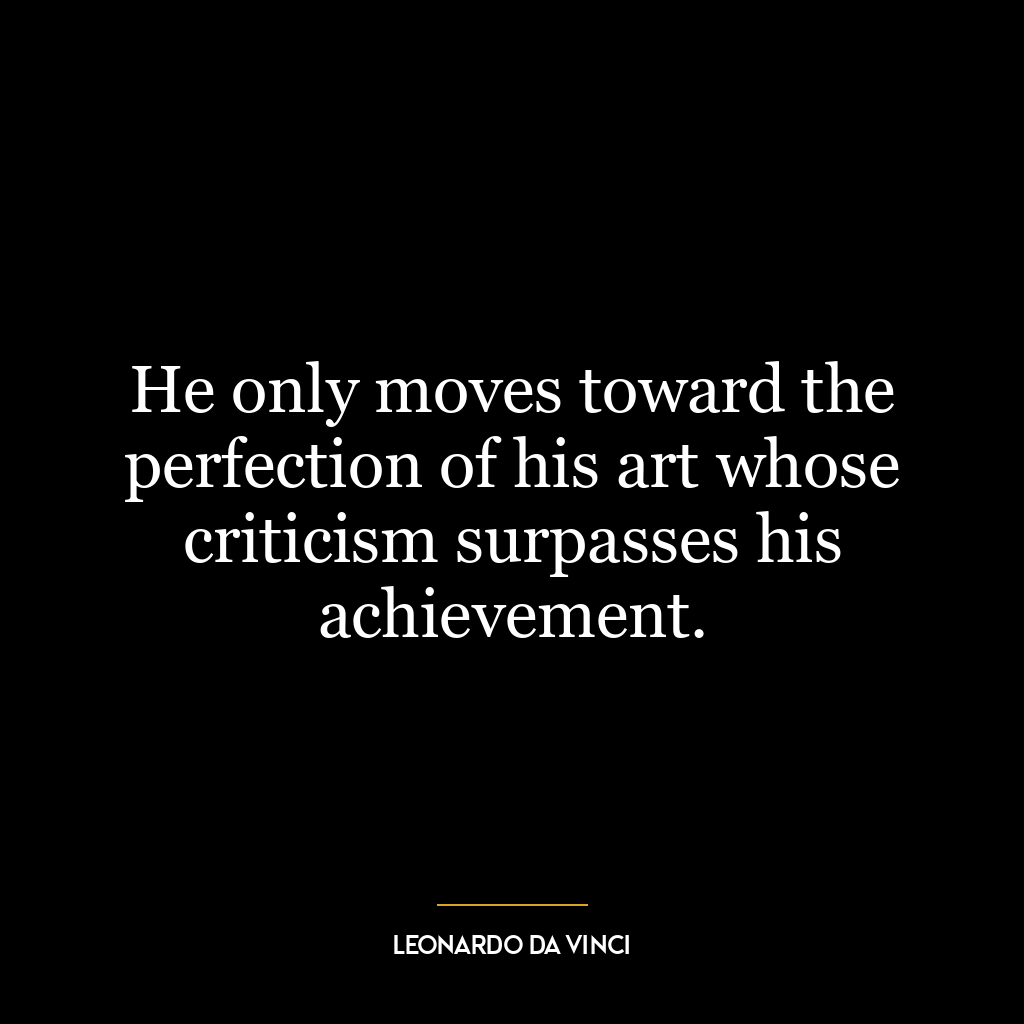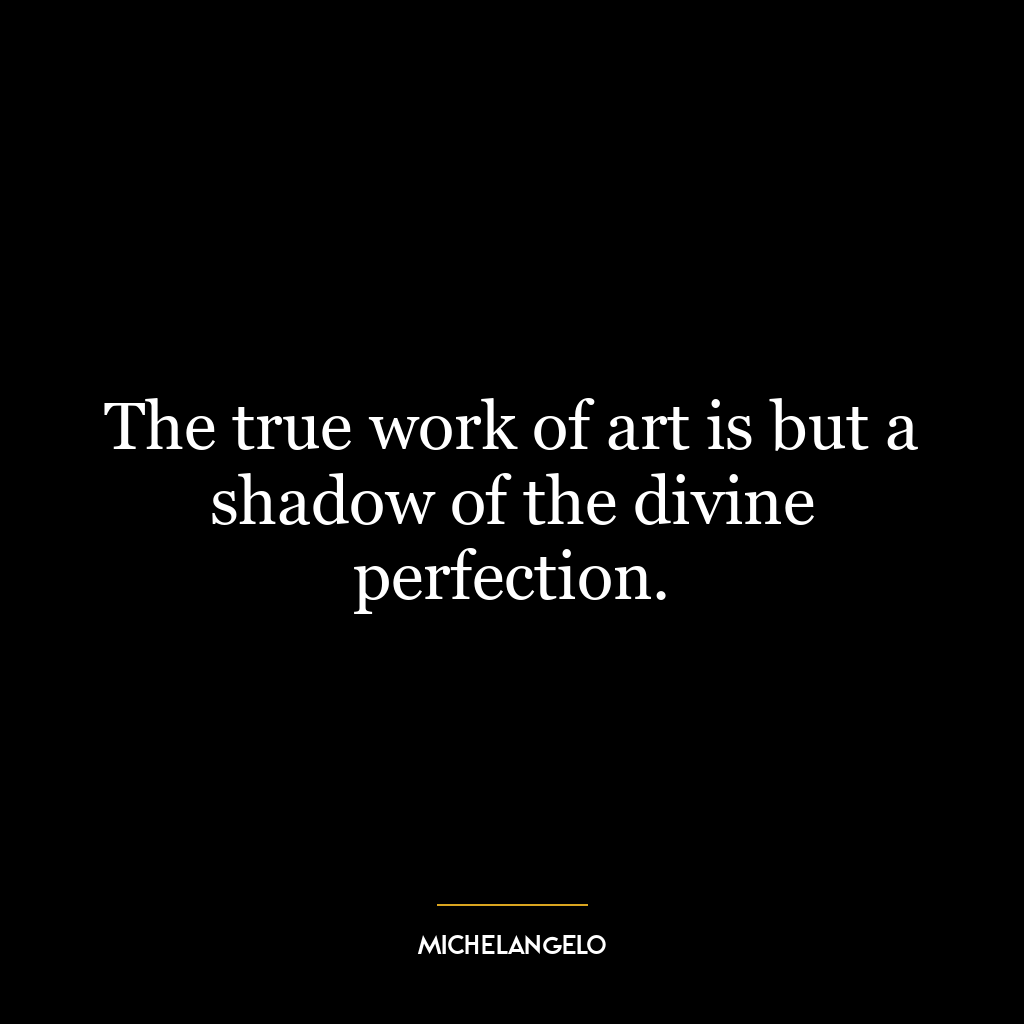No perfect democracy is possible without perfect nonviolence at the back of it.
This quote implies that the essence of a truly democratic society rests on the principles of nonviolence. Democracy, at its core, is about equal rights, freedom of speech, and mutual respect. These values can only be fully realized in an environment where violence is completely absent. Violence contradicts these principles because it imposes one’s will upon others through force rather than consent.
Nonviolence here doesn’t merely mean physical violence but also includes verbal or psychological harm. The idea is to foster an environment where every individual feels safe to express their opinions without fear of retribution or harm. This creates a space for open dialogue and understanding among diverse groups within society.
In today’s world, this concept could be applied in various ways such as promoting peaceful discourse in politics instead of aggressive rivalry and mudslinging which often leads to division among people rather than unity. On social media platforms too, promoting respectful conversations instead of hate speech would lead to healthier exchanges of ideas.
On a personal level, practicing non-violence means respecting other people’s perspectives even when they differ from ours and handling disagreements with empathy and understanding rather than aggression or hostility. It means developing emotional intelligence skills that allow us to respond to conflict in constructive ways.
Moreover, this quote suggests that democracy isn’t just about casting votes; it’s about creating a culture where everyone feels heard and valued—a culture rooted in peace not just on the surface but deep down at its foundation—thus making non-violence an essential part for perfect democracy.









